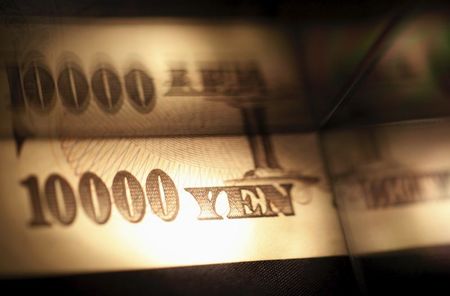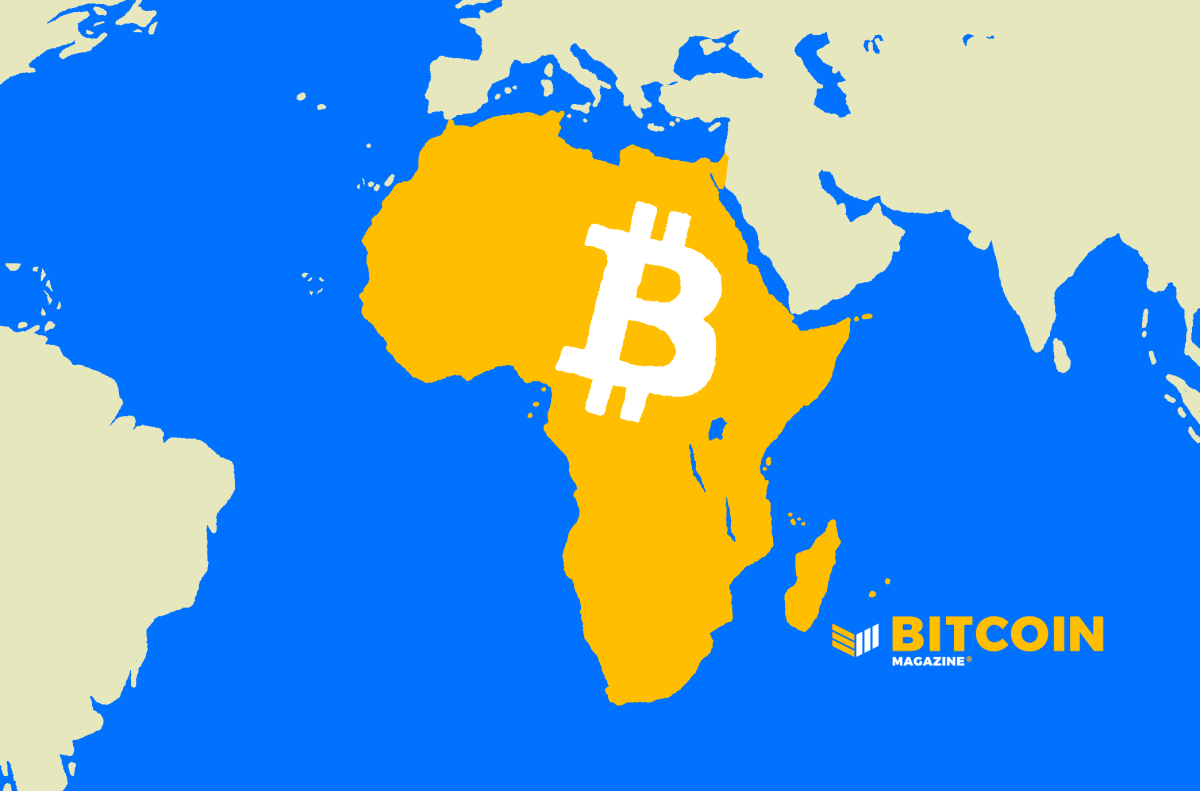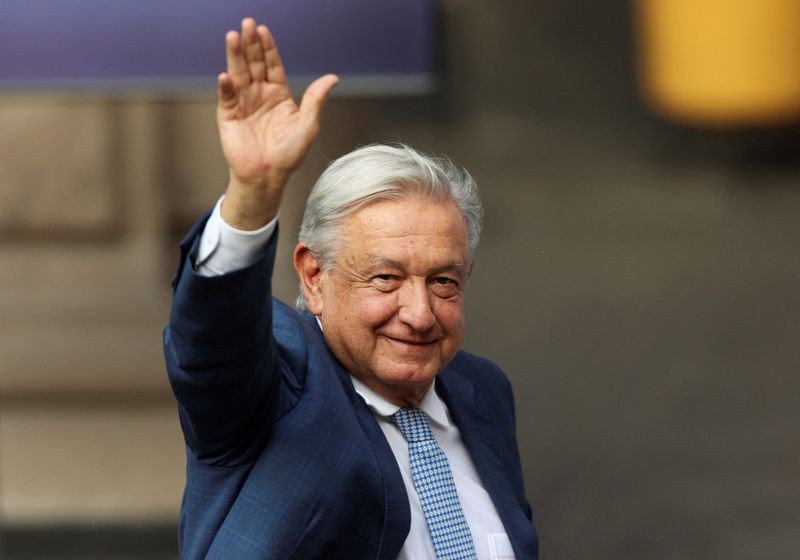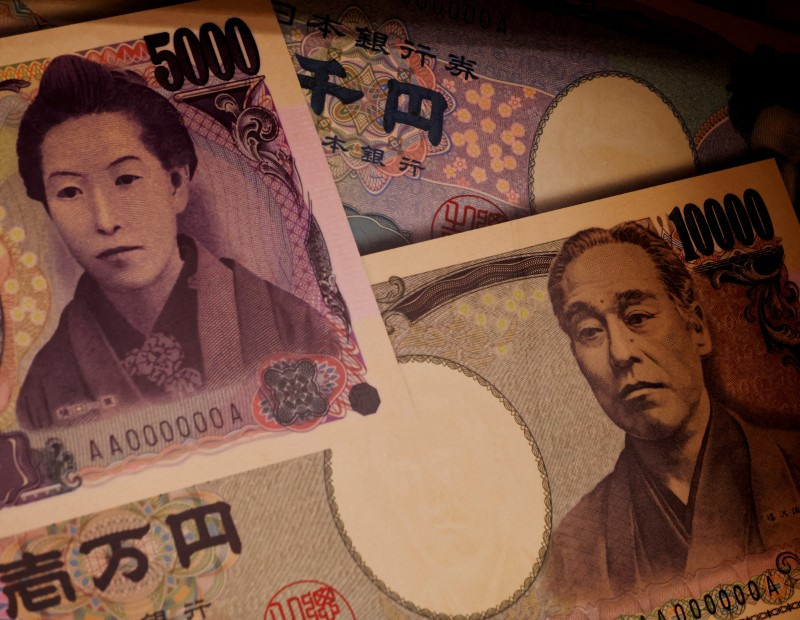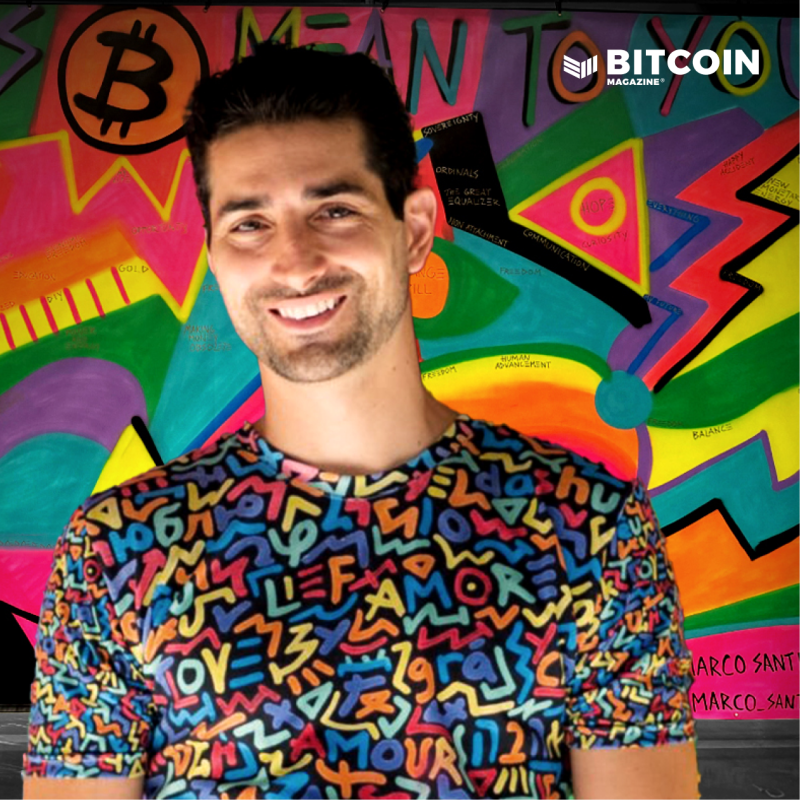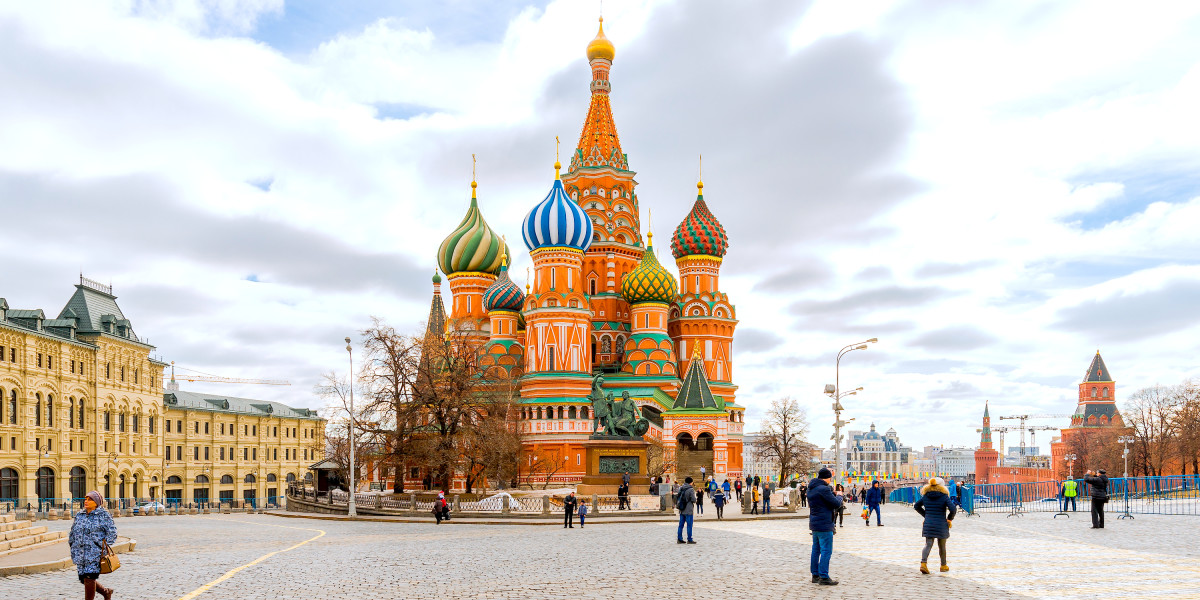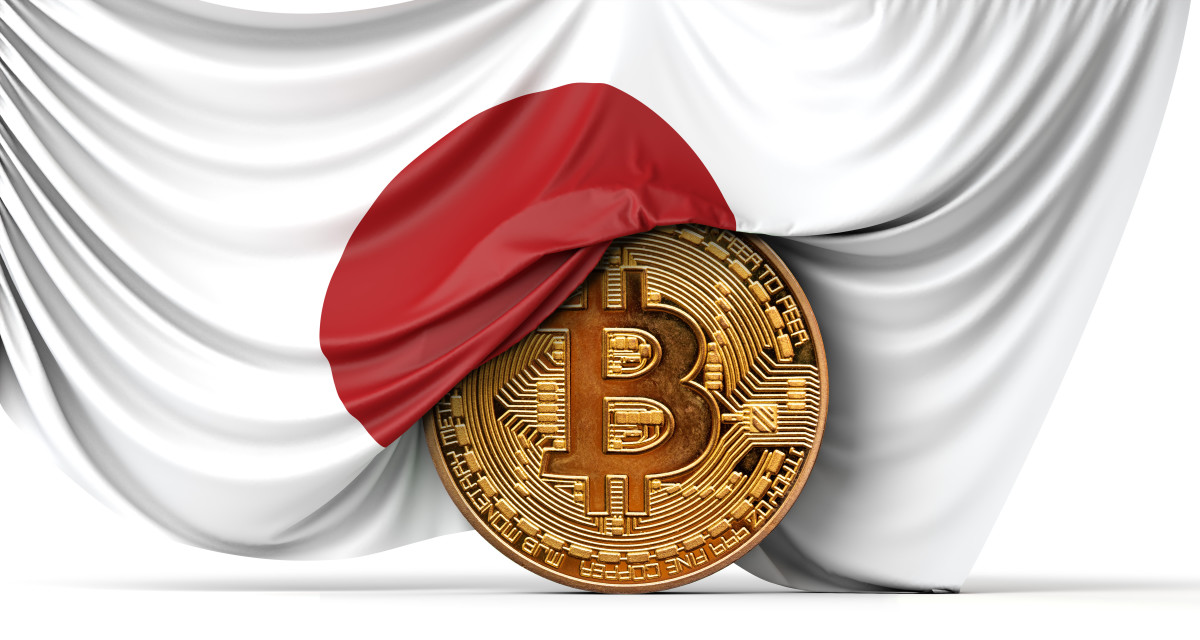Month: August 2024
Asia FX firms on positive US, China readings; yen faces renewed pressure
Post Content
Jay-Z and Jack Dorsey-Backed Bitcoin Non-Profit ₿trust Appoints Bitcoin Core Developer As Interim CEO
₿trust, a non-profit focused on training and funding developers from The Global South for Bitcoin open-source development, recently announced Bitcoin Core contributor and one of its board members, Abubakar Nur Khalil, as Interim CEO.
1/ 📢 Exciting news from ₿trust!
We’re thrilled to announce that Abubakar Nur Khalil (@ihate1999), Nigerian Bitcoin Core contributor and current board member, has been appointed as Interim CEO of ₿trust pic.twitter.com/km5iYQU6Pe
— Btrust (@btrustteam) August 8, 2024
The non-profit was founded in 2021 and received initial funding from Jay-Z and Jack Dorsey. It’s since nurtured an ever-expanding network of Bitcoin developers in Africa, Latin America and India.
₿trust has trained hundreds of developers including some who are working on projects such as Libreria de Satoshi and Bitshala, kickstarted BitDevs meetups across five African cities and supported annual events like the African Bitcoin Conference.
Nur Khalil will serve as Interim CEO for one year, beginning in August 2024. During this period, he’ll retain his board seat and serve as a non-voting member.
This role should be familiar to Nur Khalil, as he founded the organization, which was originally called Qala, before ₿trust acquired and rebranded it.
Other ₿trust board members have expressed faith that Nur Khalil will be an excellent leader for the organization given his expertise as a developer, the fact that he’s a resident of The Global South (Nigeria) and is one of the leading voices in the African Bitcoin ecosystem.
“Ever since I first met him, Abubakar has resolutely focused on supporting the advancement of Bitcoin and open-source development in Africa, the Global South, and beyond,” said founding ₿trust board member and CEO of Fedi Obi Nwosu. “I’m grateful that he has taken on the challenge of leading ₿trust through this early formative stage, and I’m excited to see what he will achieve in the role.”
As Interim CEO, Nur Khalil will focus on growing ₿trust’s developer pipeline, increasing the number of grants the institution distributes and improving its developer program to push forward with its mission of decentralizing Bitcoin open-source development.
“I am truly grateful for the board’s trust in me to take on this role over the next year,” said Nur Khalil. “I look forward to growing our initiatives, ensuring ₿trust cements itself as the primary driving force behind Bitcoin’s development in Africa, and cultivating a unique Bitcoin FOSS ecosystem in the regions we serve.”
Mexico’s ruling party looking at changes to judicial reform to calm markets, sources say
Post Content
Dollar gains after US jobless claims fall more than expected
Post Content
What Does Bitcoin Mean to You? An Interview with Marco Santini
In a collaboration merging the worlds of art and Bitcoin, Marco Santini – an acclaimed impact artist – recently lent his creativity to Bitcoin Magazine and The Bitcoin Conference. His involvement began with creating a piece with Bitcoin Magazine’s very first issue, Illuminated: Bitcoin Magazine Issue #1 (see here), which was notably purchased by Emily Bailey at a Sotheby’s auction and now proudly resides in The Bitcoin Museum in Nashville, TN. This iconic piece features key elements that encapsulate Bitcoin’s pivotal moments in history from the magazine itself.
Illuminated: Bitcoin Magazine Issue #1 can be viewed in The Bitcoin Museum in Nashville, TN
At the 2024 Bitcoin Conference, Santini took his engagement a step further by creating a live mural and collaborative activation. This vibrant piece, now also displayed in The Bitcoin Museum, aims to encapsulate the diverse voices of attendees who answered the profound question: “What does Bitcoin mean to you?” A notable response came from BTC Inc’s CEO, David Bailey, who reflected, “You know, so many things, cliché cheesy ones like ‘hope,’ but I’m gonna say ‘prosperity.’ Because Bitcoin, beyond hope, you need all the things that Bitcoin brings to give your life…fulfillment beyond just the financial element of it. If you’re full of hope, potential, and [are] excited about the future, you’ll prosper.”
Tony Sakich had the opportunity to interview Santini and delve deeper into his conference experience and the essence of his mural:
—
Tony: OK, so you’ve been doing this all day? What is your response to everyone that has said things to you and came up and asked you to write words? What’s been your experience at the conference?
Marco: Sure. My name is Marco Santini. I’m an impact artist. I travel around the world and I like to say that I mirror the spirit of communities through interactive collaborative art. This weekend here at the Bitcoin Conference, I was asking people, “What does Bitcoin mean to you?” No judgment, no fear, listening to everyone, all different walks of life, and really trying to understand what they think.
We got over 250 unique answers that I’ve captured here into this mural. It really has bright colors and positive messaging. I believe that surrounding yourself with bright colors and a lot of messaging can help your mental health and make you feel better and just kind of overall connect yourself to the community.
Tony: What were some of the interesting takeaways from the responses you received?
Marco: Specifically, there are a few interesting takeaways. By far, the most responded answer was “freedom.” A lot of people talked about being able to own their own money, not having an intermediary, maybe fear or distrust of the system in the banks. The second biggest idea was this idea of community, that people feel they are part of a family, their friends are here. They kind of interact with each other and look forward to seeing each other in person. It was really interesting to hear how people connect and find friends and meet people here. Even though they’re wearing Bitcoin logos head to toe, when I asked them, “What does Bitcoin mean?” they’d stop and really think about it, often leading to deep, meaningful conversations.
Tony: That sounds awesome. Can I add one more?
Marco: What is your word?
Tony: P2P, peer-to-peer. Because Bitcoin is for the people and it is a way that anyone can transact whenever they want freely. They don’t need anyone’s permission to send anything. It’s all about community and trusting the person that you are doing business with.
—
Santini’s mural is not just a collection of words but a vivid tapestry that captures the hopes, dreams, and realities of the Bitcoin community. The art piece is a reflection of the decentralized ethos of Bitcoin, emphasizing freedom, community, and peer-to-peer interactions.
Words were added to the mural by Santini as attendees answered the question “What Does Bitcoin Mean to You?”
David Bailey’s contribution to the mural, highlighting “prosperity,” resonates deeply within the Bitcoin community. His perspective underscores the multifaceted nature of Bitcoin as not just a financial tool but a beacon of hope and a catalyst for personal and communal growth.
Santini’s art continues to inspire and connect people, reflecting the ever-growing and evolving spirit of the Bitcoin community. The mural, now part of the Bitcoin Museum, stands as a testament to the power of collaborative art and the profound impact of Bitcoin on individuals’ lives. Visitors to the museum can witness firsthand the colorful expressions of what Bitcoin means to people from all walks of life, providing a unique and enriching experience that goes beyond traditional exhibits.
See more from Marco Santini on X: @MarcoSantiniArt and on Instagram: @_Marco_Santini
Putin Signs Law Legalizing Cryptocurrency Mining in Russia
Russian President Vladimir Putin has officially signed a law that legalizes cryptocurrency mining in Russia. According to a report by Russian news agency TASS, the law introduces several key concepts, including digital currency mining, mining pools, and mining infrastructure operators. Mining activities are now recognized by Russia as part of turnover rather than the issuance of digital currency.
The new legislation specifies that only Russian legal entities and individual entrepreneurs registered with the government will be allowed to engage in cryptocurrency mining. However, individual miners can participate without registration, provided their energy consumption remains within government-set limits.
Additionally, the law permits the trading of foreign digital financial assets on Russian blockchain platforms. However, the Bank of Russia retains the authority to ban the placement of certain assets if they are deemed a threat to the country’s financial stability.
According to TASS, during a recent government meeting, President Putin emphasized Russia needs “to seize the moment” in establishing a legal framework for digital currencies. He highlighted the potential of digital currencies to contribute to Russia’s economic development, stressing the need for proper regulation and infrastructure.
The law is set to take effect ten days after its official publication, except for specific provisions that may have different implementation dates.
The Degrowth of Bitcoin
Austrian economics dominates the discourse on bitcoin, but it is not the only heterodox economic theory that describes the importance of a type of money that sounds strikingly like bitcoin. Aspects of degrowth and ecological economics promote an end to fiat and inflationary currencies. While we often focus on the benefits of bitcoin mining for the current energy transition away from fossil fuels, bitcoin has an even more important role to play in transitioning our societies to a sustainable and more equitable world.
Bitcoin’s energy consumption is both trivial and not trivial at the same time. The network consumes less than half a percent of the world’s electricity consumption. Some have called this nothing more than a “rounding error”. At the same time, it is hard to deny that this sliver of energy use is on the order of magnitude of the energy use of a small country. Of course, many global technologies are more energy intensive than Bitcoin; data centers, air conditioners, and the banking industry all come to mind.
There are valid reasons to worry about energy consumption and more than that, the potential for growing energy consumption. There’s enough peer-reviewed literature available on the internet that shows a definitive link between energy consumption and environmental degradation. From an ecological economics and degrowth perspective, this is generally a result of the neoclassical drive for never-ending economic growth.
The results of environmental degradation due to never-ending economic growth are obvious. Many scientists believe we’re in the midst of a sixth mass extinction that humans are primarily responsible for. A recent German study found a nearly 80% decline in insect biomass over the last 20 years. The Brazilian tropical forests, once one of our best carbon emission sinks, are now turning into carbon emission sources due to increased global temperatures and agribusiness-driven deforestation. Chemical pollution is everywhere. Microplastics were recently found in human blood samples and Monsanto’s Roundup can now be found in urine samples. All evidence that the bad incentive design of our existing economic system is pushing the planet far away from comfortable habitability, not just for humans but for all species.
The hard reality is that Bitcoin’s energy consumption will continue to grow for some time, assuming more and more people adopt bitcoin. If you’re worried about climate change and know the basic relationship between energy consumption, economic growth, and environmental degradation, then Bitcoin’s energy use does sound scary. The most important detail to understand about Bitcoin is that the network’s energy use is constrained and also essential for providing the kind of monetary system that will sustain a degrowth global economy.
Degrowth is a social, political, and economic movement. It’s a broad movement of people who advocate that the wealthiest countries reduce their overall energy consumption while allowing room for developing countries to raise theirs. There’s a growing call from the climate movement for the world to move away from economic growth and toward degrowth. Ecological economics provides a concrete foundation for how this would work through a convergence of degrowth-growth into an overall steady-state economy.
The steady-state economy is where our economy comes into line with what our planet is capable of sustaining. Contrary to what some may think, there are no species on this planet that can outgrow their habitat and survive for very long thereafter. Ecological economist Brian Czech calls a steady-state economy “economics for a full-world”; one where the economy has grown so big that it is pushing the environment to its limits.
Degrowth is more than steady-state economics and energy use, though. It also promotes an end to fiat, inflationary, and debt-based currencies. Degrowth encourages localism and frugal living that is in line with nature. One could argue that degrowth is exactly what Bitcoiner low-time preference looks like when applied across all aspects of the economy. Degrowth means eliminating wasteful consumerism, bullshit jobs, and rent-seeking. It also promotes indigenous methods of natural management and permaculture.
Indeed, if we want degrowth, then we have to build new infrastructure to sustain this low-time preference way of living. If we are going to eliminate fiat, inflation, and debt-based currencies, then we will need to build a robust, decentralized, and secure monetary network that we can use to keep our degrowth economic system in planetary check.
In Supply Shock: Economic Growth at the Crossroads, Czech explains that inflation happens “when a monetary authority (such as the Federal Reserve in the United States) increases the money supply faster than the real economy can grow”. Czech is not an Austrian economist but a full-on degrowther. He continues, “recent periods of rapid, real economic growth… have tended to result in inflation, because the monetary authorities are too removed from the realities of economic life to understand ecological limits to growth”.
From the ecological economics perspective, the origin of money is fundamentally a result of agricultural surplus; not debt, not the state. Although these certainly play a second-order role in the development and adoption of money, without agricultural surplus, there would be no division of labor, and without division of labor, there would be no need for exchange. Taken to the extreme, if our food systems completely collapsed this year, everything else would go with it and each of us would be back to spending most of our time finding enough food to survive; we would not need money.
From the first and second laws of thermodynamics, we know that energy is neither created nor destroyed and that when energy is converted the process is imperfect, and some of it dissipates. This means that these physical laws place an ecological limit on our planet that ultimately sets an upper bound on agricultural surplus. From an ecological economics standpoint, this means that money has a limit.
Bitcoin is money and it has a limit, too. In 2140, the last of 21 million bitcoin will be minted. In the early 2030s, 98% of all bitcoin will have been created. Bitcoin’s energy consumption grows so long as the value of bitcoin sustains its growth. At some point, if bitcoin becomes the world’s money standard, all the world’s value will be on the monetary network. When that happens, the growth of the network’s hash rate and thus energy consumption will have to slow down and likely reach a steady state of its own. This will happen because of diminishing returns as the network mining difficulty increases and competition is tight.
If ecological economic theory is right, then the total value of the Bitcoin network should reflect the full planetary limit to available resources that provide an agricultural surplus. Since we cannot create more energy, it must therefore be true that we cannot create more bitcoin. Our socio-economic system will have to buy into this idea of limits and that’s where the broader societal prescriptions from degrowth will be useful. In addition, there’s a saying in the bitcoin community; “you don’t change bitcoin, bitcoin changes you.” It’s possible that adopting bitcoin will turn people away from instant gratification consumerism, something bitcoiners colloquially refer to as high-time preference.
Because mining happens globally, we expect that energy consumption will grow during the period of economic convergence. If degrowthers, ecological economists, environmentalists, and climate activists get on board now, then they can help shape the future of where and how that energy consumption develops to make sure that it’s well distributed in regions of the world that are currently suffering from energy poverty. This will ensure that developing countries get the most benefit from the network’s growth and thus facilitate one part of the degrowth-growth steady-state convergence.
We are starting to see this play out. Bitcoin adoption is generally highest in less-developed countries where people are subject to hyperinflation, and unstable and repressive monetary regimes. Alongside that, governments in some developing countries like the Central African Republic are studying how to use bitcoin mining to develop their natural renewable energy resources. The newly elected president of Colombia, Gustavo Petro, a progressive-leaning politician, has also shown interest in using bitcoin mining for the same purpose.
Bitcoin is often criticized for rewarding early adopters over later adopters, and critics often claim that this will create a new class of crypto-oligarchs to rule the world. In a recent Bitcoin Policy Institute article called, “Is Bitcoin Fairly Distributed?”, the authors pointed to a recent CoinMetrics study that showed that despite “large institutions entering the space, bitcoin is still very much a grassroots movement,” and has the best distribution of currency when compared to alternative cryptocurrencies.
Money alone cannot solve the unequal distribution of resources, but if we couple money like bitcoin with a set of economic rules that reduce economic inequality (the book Radical Markets provides some reasonable market mechanism designs), then over time, the wealth will be fairly distributed among all people. Maintaining a society that is sustainable under a steady-state economy requires that we reduce all forms of inequality.
Believing that climate change is real is not necessary for adopting the above perspective. Limits to natural resources mean there’s a natural limit on oil. The United States reached peak oil production in the 1970s and the recent U.S. shale boom won’t last forever. As we’ve seen, energy independence is necessary for fortifying supply chains and promoting localism in our socio-economy. If we want a similar quality of life for future generations, then adopting bitcoin and perspectives from ecological economics and degrowth are essential for extending the best aspects of our current society out into the far future. Despite what critics say, bitcoin has a very important role to play here. While this is an incredible burden, it’s on us to get this message out to the rest of the world. The clock is ticking.
Yen shorts largely cleared; sell USD/JPY on rallies above 147 – UBS
Post Content
Metaplanet Secures ¥1 Billion Loan to Buy More Bitcoin
Metaplanet, a publicly listed Japanese investment firm, has secured a ¥1 billion ($6.8 million) loan to purchase additional Bitcoin. This comes just days after announcing plans to raise ¥10.08 billion through a stock rights offering, mostly for Bitcoin buys.
JUST IN: 🇯🇵 Japanese public company Metaplanet secures ¥1 billion loan to buy more #Bitcoin pic.twitter.com/VNVemLD9cy
— Bitcoin Magazine (@BitcoinMagazine) August 8, 2024
Metaplanet first revealed its Bitcoin treasury strategy in May, aiming to hedge against yen depreciation. The firm currently holds around 246 Bitcoins worth $14 million acquired over many buys.
The 0.1% APR loan from shareholder MMXX Ventures has a 6-month term. Metaplanet plans to allocate the entire ¥1 billion to expand its Bitcoin reserves.
At current prices, ¥1 billion could purchase around 118 additional bitcoins. This mimics MicroStrategy’s playbook of raising debt to fund Bitcoin purchases since 2020. MicroStrategy’s bitcoin bet has increased its share price dramatically.
CEO Simon Gerovich stated that the firm believes Bitcoin offers twin benefits as an asset that can appreciate and hedge against a weakening yen.
By securing loans and issuing stock to accumulate bitcoin, Metaplanet is essentially borrowing yen to stack sats. The company can pay back loans using future Bitcoin appreciation.
The loan and planned stock offering highlight Metaplanet’s commitment to aggressively growing its Bitcoin war chest. As a public company, this strategy indirectly exposes Japanese investors to Bitcoin.
Disclaimer: Bitcoin Magazine is wholly owned by BTC Inc., which also operates UTXO Management, a regulated capital allocator focused on the digital assets industry and invested in Metaplanet. UTXO invests in a variety of Bitcoin businesses, and maintains significant holdings in digital assets.
Dollar slips ahead of jobless claims; recession fears rise
Post Content
